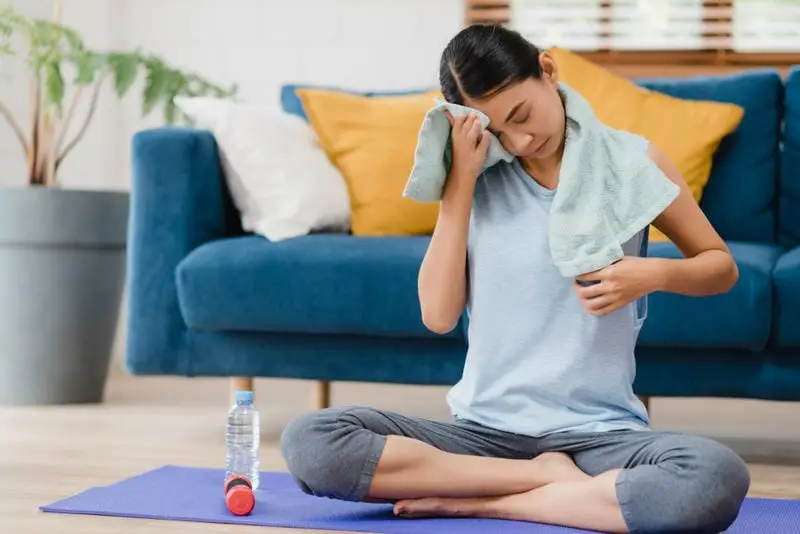- Published on: Jun 05, 2022
- 3 minute read
- By: Second Medic Expert
Renowned Dentists Providing Expert Medical Opinion On How Can I Naturally Whiten My Teeth?
There are a few things that you can do to naturally whiten your teeth. One thing that you can do is use baking soda. Baking soda is a natural abrasive, and it helps to remove plaque and surface stains from teeth. Apple cider vinegar is a natural disinfectant, and it helps to kill bacteria on the teeth and gums. Strawberries contain malic acid, which helps to break down surface stains on the teeth.
There are a few things you can do to naturally whiten your teeth. Another thing you can do is use baking soda. Baking soda is a natural moisturizer and helps to remove plaque and plaque on the teeth. Apple cider vinegar is a natural disinfectant, and it helps kill germs in teeth and gums. Strawberries contain malic acid, which helps to break down excess stains on the teeth
One way is to use an over-the-counter tooth whitening kit. These kits usually contain a bleaching agent that is applied to the teeth, and they can be effective at lightening the color of your teeth. One way is to use whitening toothpaste. Be sure to look for a toothpaste that contains the ingredient hydrogen peroxide, as this is one of the most effective whitening ingredients.
Finally, you can also try using activated charcoal. Activated charcoal is known for its ability to adsorb plaque and other debris from teeth surfaces. Another way is to use hydrogen peroxide. Hydrogen peroxide is a natural bleaching agent, and it can help whiten your teeth over time. To use hydrogen peroxide, mix equal parts of hydrogen peroxide and water. Dip a toothbrush into the mixture, then brush your teeth as you would normally. Be sure to spit out the mixture after brushing, then rinse your mouth and teeth with water.
You can also use toothpaste that contains charcoal or activated charcoal. Charcoal is also a natural abrasive that will help to remove plaque and stains from your teeth
There are a few ways. One way is to use baking soda. Baking soda is a natural abrasive and will help remove some of the surface stains on your teeth. Another way is to use hydrogen peroxide. Hydrogen peroxide is also a natural bleaching agent and can help lighten your teeth over time. Finally, you can use activated charcoal. Activated charcoal helps to remove plaque and bacteria from your teeth, and it can also help to whiten them over time.
Finally, you can also try oil pulling with coconut oil or sesame oil
Medical Opinion 4
There are many ways to get whiter teeth, but here are some home remedies that may help:
1) Rinse your mouth with baking soda and water.
2) Brush with hydrogen peroxide.
3) Use lemon, orange, or banana peels.
4) Eat crunchy fruits and vegetables.
5) Avoid coffee, tea, cigarettes, and wine.
6) Use a straw when drinking any of the above beverages.
Medical Opinion 5
First, avoid foods and drinks that can stain your teeth, such as coffee, tea, red wine, and cigarettes. You can also brush your teeth after eating or drinking anything that could potentially stain them. Additionally, try using a whitening toothpaste or mouthwash to help remove any surface stains. Finally, make sure you are getting enough calcium in your diet by eating foods like leafy greens, milk, and cheese; this will help keep your teeth strong and healthy.
Medical Opinion 6
You can start by brushing your teeth with a baking soda paste. You can also try using hydrogen peroxide or lemon juice to whiten your teeth. Another way to whiten your teeth is by eating foods that are high in fiber and designed to scrub your teeth clean as you eat them. Some examples of these foods include apples, carrots, and celery. You should also avoid coffee, tea, and red wine as they can all stain your teeth. Lastly, make sure you are visiting your dentist regularly for professional cleanings.
Medical Opinion 7
There are a few things that you can do to naturally whiten your teeth. One thing that you can do is use baking soda. Another thing that you can do is use apple cider vinegar. Finally, you can also use strawberries.
Baking soda is a natural abrasive, and it helps to remove plaque and surface stains from teeth. Apple cider vinegar is a natural disinfectant, and it helps to kill bacteria on the teeth and gums. Strawberries contain malic acid, which helps to break down surface stains on the teeth.
Medical Opinion 8
There are a few ways to naturally whiten your teeth. One way is to use baking soda. Mixing baking soda with water can create a paste-like substance that can help scrub away surface stains on your teeth. You can also use hydrogen peroxide, which has bleaching properties that can help remove deeper stains. Finally, using natural foods and drinks like strawberries, citrus fruits, and apple cider vinegar can also help whiten your teeth over time.









